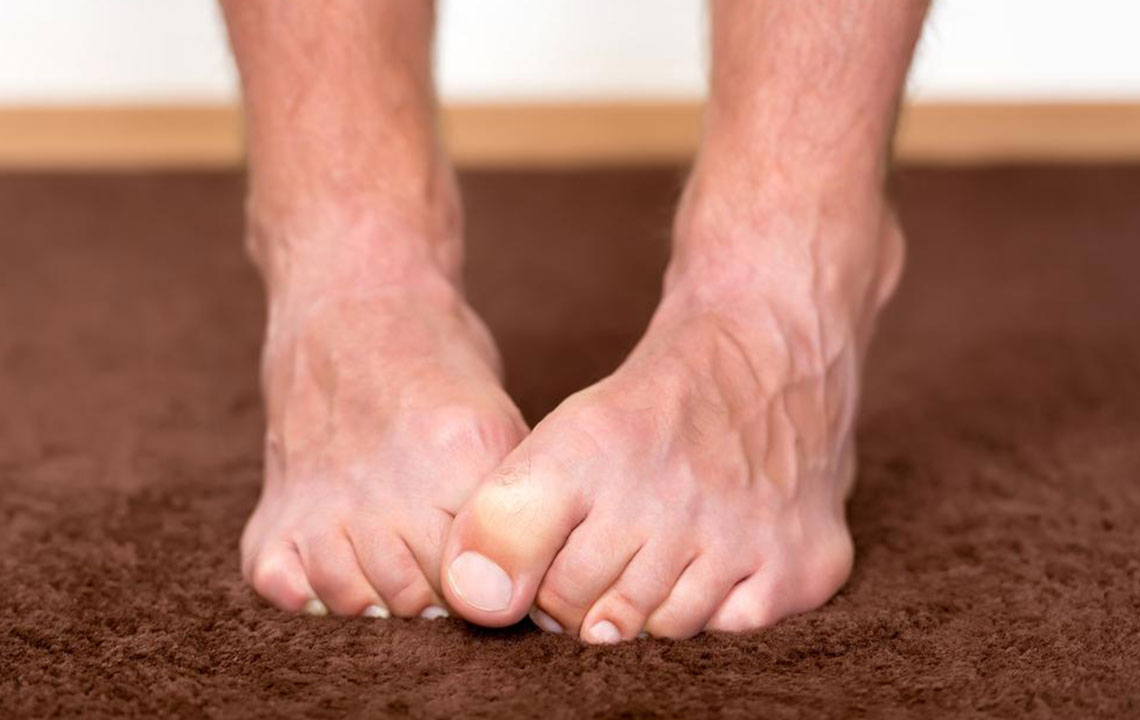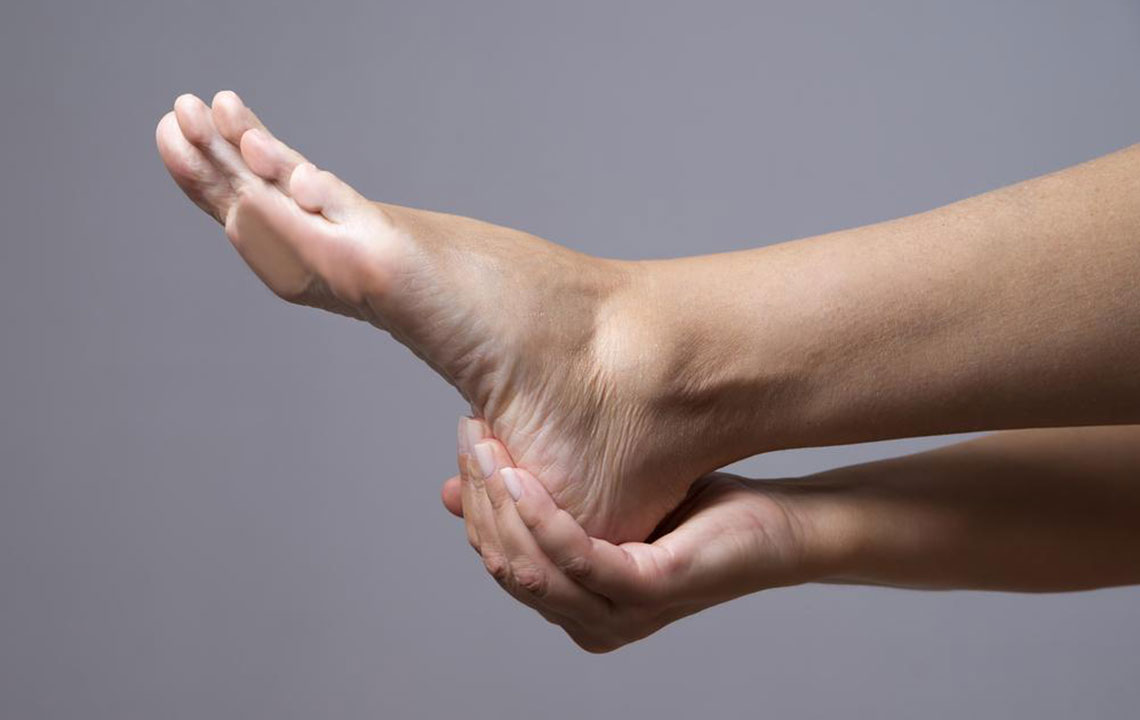Comprehensive Guide to Nerve Pain: Causes, Signs, and Treatment Strategies
This comprehensive guide explores nerve pain causes, symptoms, and treatment options. It covers conditions like sciatica, diabetic neuropathy, and post-shingles pain, emphasizing the importance of early diagnosis and management. Medical treatments include medications, lifestyle adjustments, and specialized therapies. Understanding nerve pain helps patients seek appropriate care and improve quality of life.

Comprehensive Guide to Nerve Pain: Causes, Signs, and Treatment Strategies
Nerve pain, or neuropathic pain, covers a range of conditions caused by nerve damage or changes. It can cause sensations from sharp stabbing to tingling in different parts of the body with varying intensity. Peripheral neuropathy, affecting nerves outside the brain and spinal cord, is a common form. This condition affects each person uniquely and may continue long after initial injury or illness.
Causes of Nerve Pain
Injuries and Trauma - Damage from accidents or injuries to tissues, muscles, or joints might cause lasting nerve pain even after healing.
Surgeries - Procedures like limb amputation can lead to phantom limb discomfort due to nerve signal disruptions.
Health Conditions - Diseases such as diabetes, cancer, multiple sclerosis, and myeloma are linked to nerve pain.
Infections - Viral or bacterial infections like HIV, shingles, and syphilis may trigger nerve pain episodes.
Other Factors - Chemotherapy, nerve compression from herniated discs, thyroid issues, and vitamin B deficiencies also contribute to nerve discomfort.
Signs and Symptoms
Intense burning, stabbing, or shooting feelings
Feeling of pins and needles or tingling
Unexpected pain episodes
Pain provoked by gentle touches or brushing
Sleep problems and emotional stress due to pain
Types of Nerve Pain
Sciatica - Compression or irritation of the sciatic nerve causes pain radiating from the lower back down the leg to the knee, with treatment depending on severity.
Diabetic Neuropathy - Common in diabetics, managing blood sugar levels helps reduce symptoms.
Carpal Tunnel Syndrome - Nerve compression in the wrist leads to numbness and pain in the hand; early detection prevents worsening.
Post-Shingles Neuralgia - Persistent nerve pain following shingles episodes.
Central Pain Syndrome - Nerve pain associated with stroke, multiple sclerosis, or spinal cord injuries.
Treatment Options
Medications including antidepressants and anticonvulsants are commonly prescribed initially.
NSAIDs like ibuprofen may help; stronger drugs might be needed in severe cases.
Effective management of underlying issues, such as diabetes, can decrease nerve damage and improve symptoms.
In complex cases, nerve stimulation or specialized devices may be recommended under medical supervision.
Note:This resource provides detailed health information but cannot replace professional medical advice. Always consult healthcare providers for accurate diagnosis and treatment. We do not assume responsibility for medical inaccuracies or updates outside this scope.


